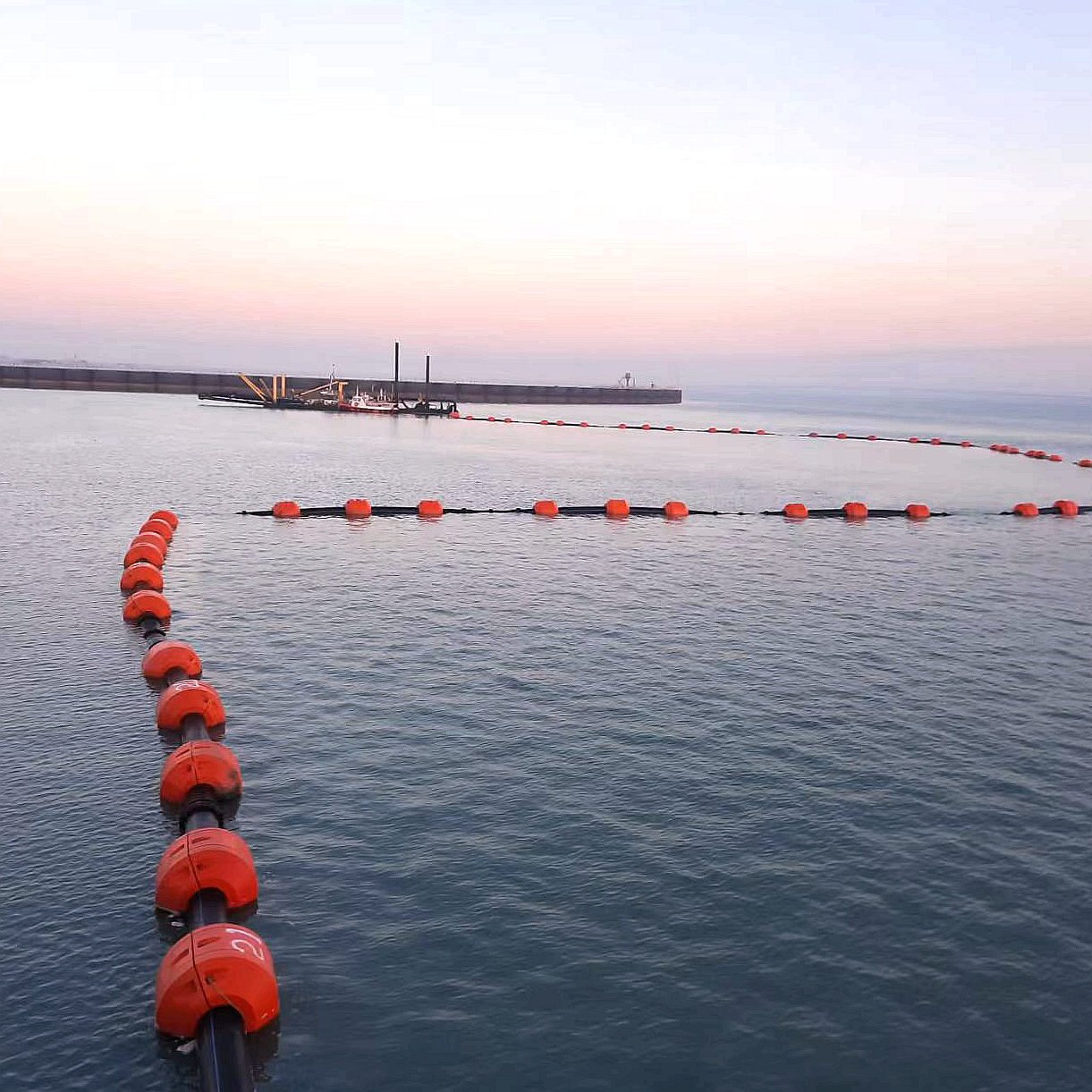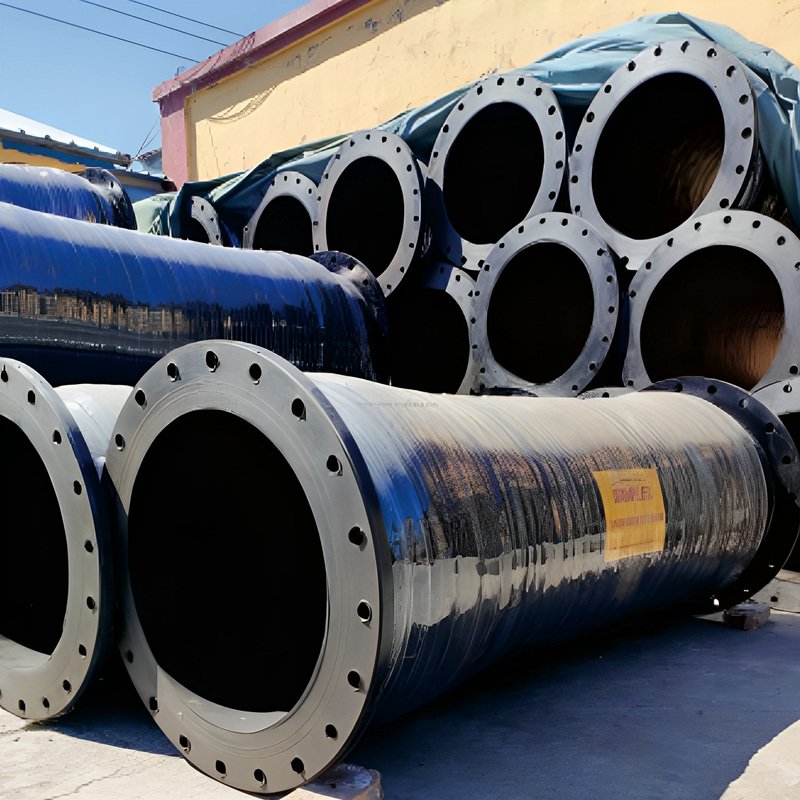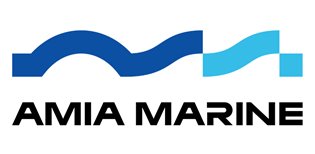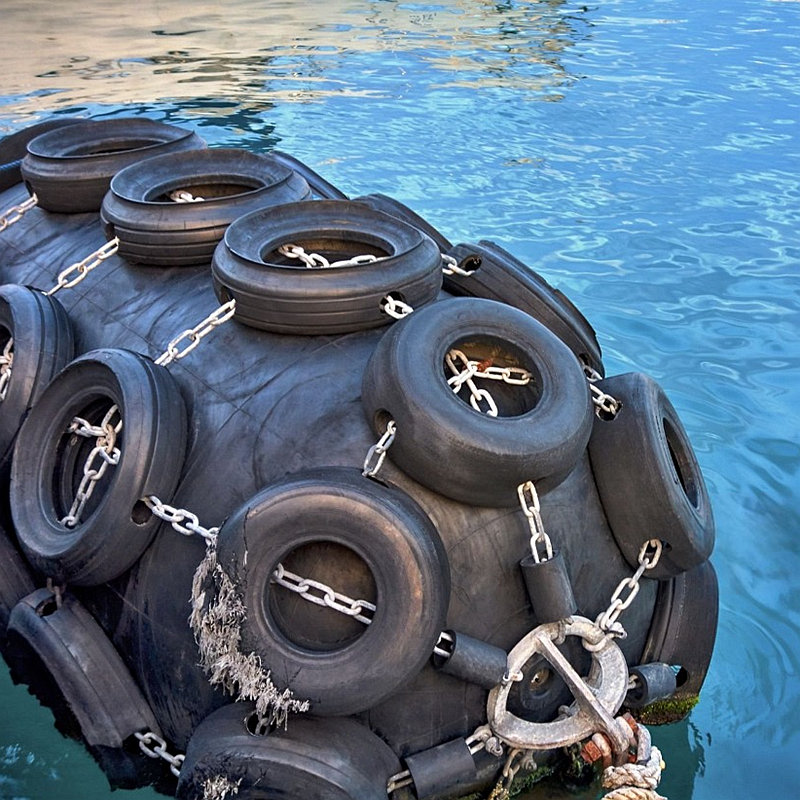If you are a port operator, marine contractor, or engineering consultant, one of your key responsibilities is ensuring vessels berth safely while protecting costly infrastructure. As ships become larger and operations faster, the role of rubber fenders has never been more important.
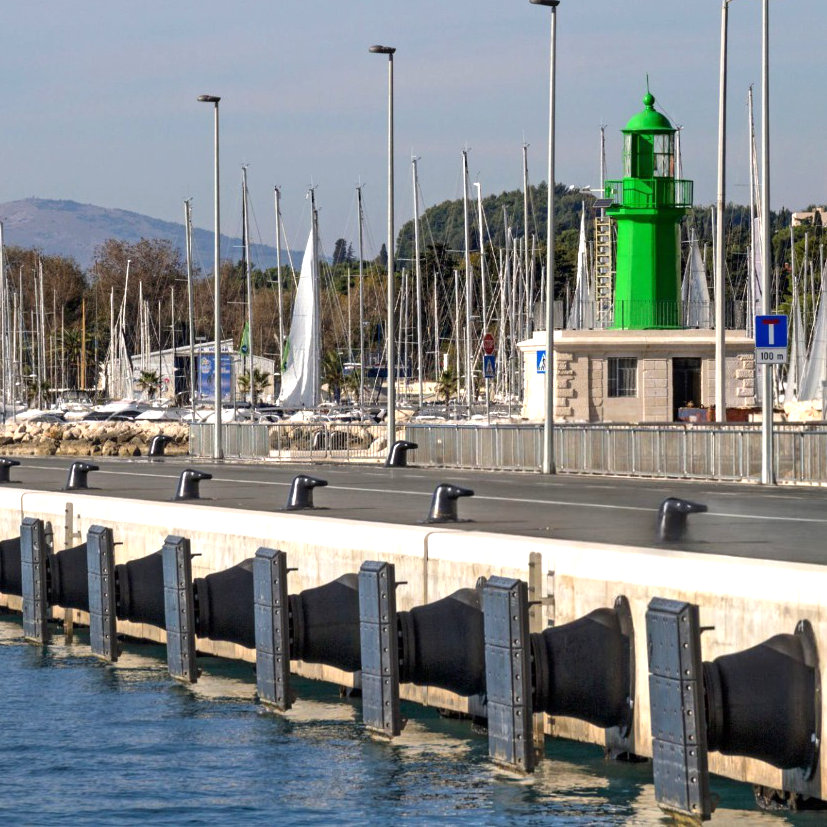
Why Should Port Operators Care About Rubber Fenders?
1. Protect Your Investment
Rubber fenders are the first line of defense to protect both vessels and infrastructure.
Building and maintaining quay walls, jetties, and terminals involves massive costs. Without reliable fender systems, every berthing operation becomes a risk. A single accident can lead to expensive repairs and downtime.
2. Support Larger Vessels
Global trade is shifting towards bigger ships — container vessels, oil tankers, LNG carriers. Modern fenders are engineered to absorb enormous impact forces. Without proper fenders, ports risk being unfit for new-generation vessels, losing competitiveness in the market.
3. Ensure Safety and Compliance
International regulations and insurance standards require ports to maintain safe berthing conditions. Installing the right fender systems helps avoid accidents, ensures compliance, and improves your reputation as a reliable facility.
4. Improve Operational Efficiency
With quality fenders in place, ships can berth smoothly and quickly. This reduces delays, increases vessel turnaround, and maximizes terminal throughput — directly benefiting your bottom line.
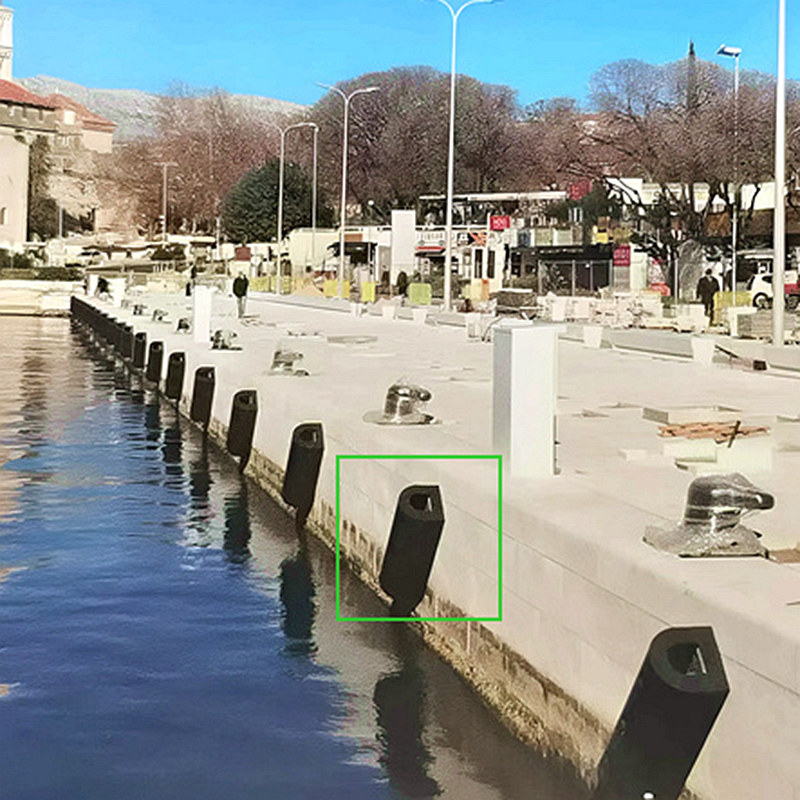
How to Choose the Right Fender for Your Port?
When planning or upgrading fender systems, consider:
— Type of vessel: Container ships, bulk carriers, oil tankers, or naval ships.
— Berth structure: Quay wall, dolphin, jetty, or offshore terminal.
— Energy absorption requirements: Calculated based on vessel size and speed at berthing.
— Environmental conditions: Wave, tide, and current conditions.
— Maintenance costs: High-quality rubber fenders provide long service life and reduce replacements.
Common choices include:
Cone fenders – High energy absorption, suitable for large vessels.
Cylindrical fenders – Flexible, traditional design for multiple applications.
D-type fenders – Cost-effective, ideal for small docks and wharves.
Arch fenders – Compact design, durable, and widely used.
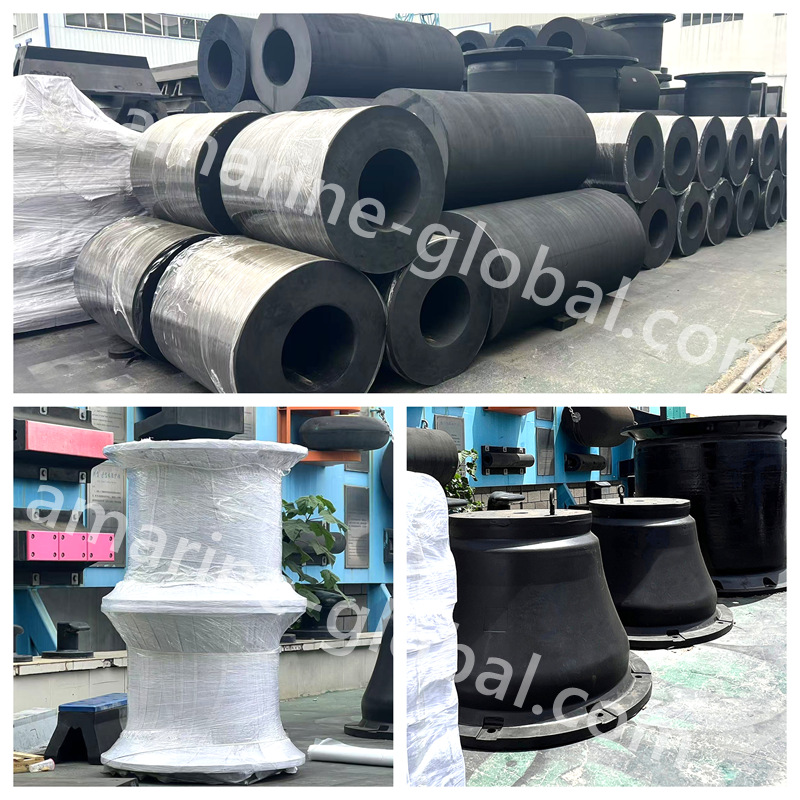
All our rubber fenders are crafted from premium-grade rubber materials and produced through a complete in-house production line under strict quality control. We also offer customized designs to meet specific project requirements, earning the trust of clients worldwide.
If you have any questions, don’t hesitate to reach out — our team will be glad to assist you with technical advice and customized solutions.
Why Work with a Reliable Fender Supplier?
A fender system is not a “one-size-fits-all” product. Partnering with an experienced supplier ensures:
— Customized design to fit your port’s specific needs.
— Compliance with international standards (PIANC, IALA).
— Long-lasting products are tested for durability and performance.
— Technical support for installation and after-sales service.
And all of these are what we do — professionally and reliably, backed by our expertise in delivering high-quality fender solutions.
Final Thoughts
Rubber fenders are not just accessories — they are a strategic investment for every modern port and harbor. They directly contribute to a port’s competitiveness and profitability by protecting infrastructure, enabling larger vessels, improving safety, and increasing efficiency.
If you are planning a new port project or an upgrade, choosing the right fender system is one of the smartest decisions you can make. And our team is ready to help you find the most effective solution for your specific requirements.
